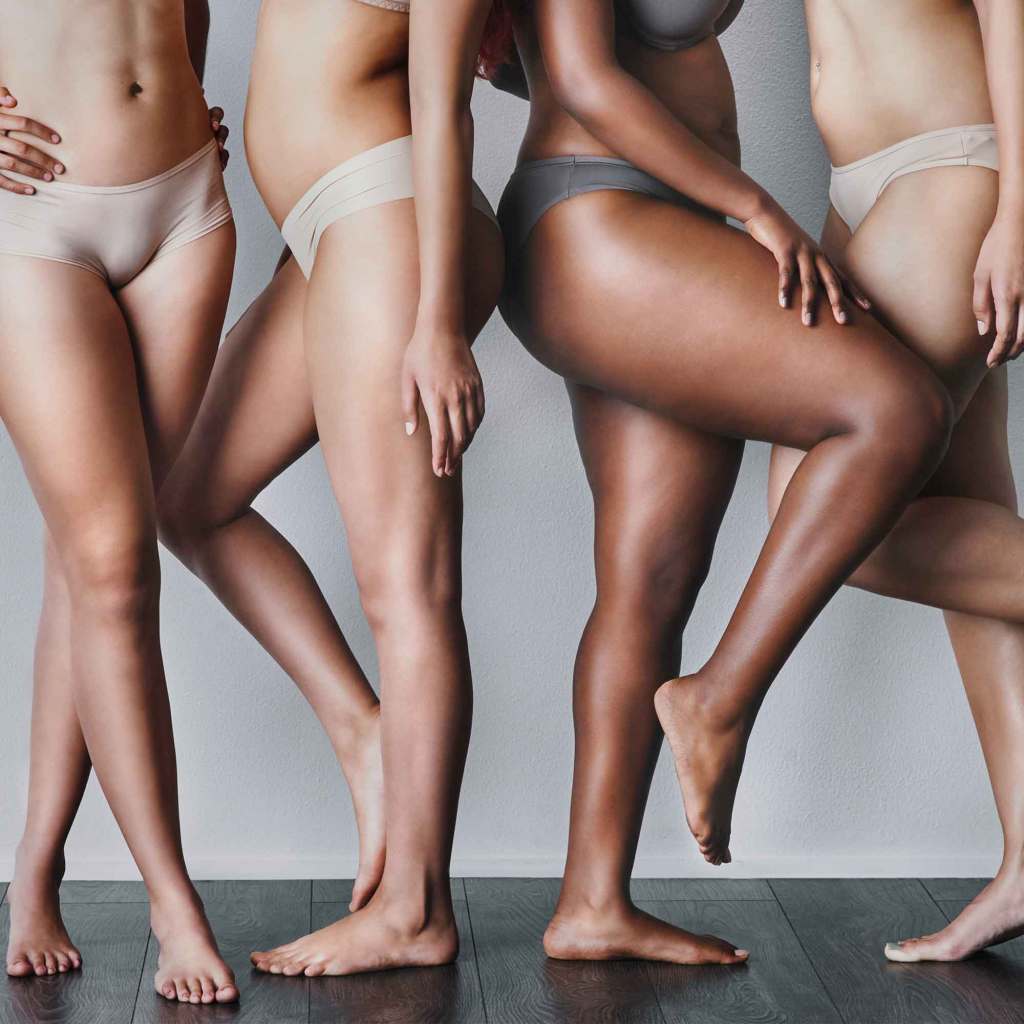Body goals. It’s a hashtag, catchphrase, and largely an unachievable dream. What does body goals even mean, and why is everyone so obsessed with it?
We live in a society where our external appearance, for some reason, determines our worth —it influences the way others perceive and understand us. It’s reductive. It’s shallow. But unfortunately, it’s the reality.
The obsession with body image and appearance has caused endless problems for us, both as individuals and as a society. We’ve never seen such high rates of eating disorders, suicide, anxiety and depression. Many people credit these disturbing statistics to the comparison culture we have been drawn into, mainly thanks to social media.
It makes sense. After all, businesses profit from making us feel as though our bodies are inadequate and “not enough”. If we weren’t bombarded with these images and messages of the “ideal” body or the ways we “should” look, there would be fewer beauty therapists, Botox companies or fat-sculpting clinics in the world. Cosmetic surgery, weight loss supplements and fad diets would be things of the past and revenue from this industry would sharply decrease.
The Other Side of the Coin…
Of course, in response to this epidemic of self-hatred and scrutiny, many people feel outraged, horrified, and determined to fight back. The result? A body positivity movement has erupted into mainstream society. Celebrating different bodies, shapes and sizes, preaching how we should all “love our bodies” and “revel in our flaws”. It sounds encouraging and fantastic, right?
Arguably, this attitude can be just as damaging. While it attempts to do away with these body goals, making any shape or size out to be a potential body goal, it also creates another unrealistic standard: body love.
The truth is, many of us don’t and can’t love our bodies. When we’re told we should love and accept them as they are, flaws and all, this can create even more self-dissatisfaction and shame.
But Maybe There’s Another Way of Thinking About It…
Body acceptance isn’t synonymous with loving every single thing about your body or your appearance. It’s simply accepting your body as it is, and appreciating what it can do. Appreciating your ability to move, to exist, to travel through life.
It’s accepting the fact that you’ll have days where you feel like a supermodel, and others where you can’t bear to look at yourself in the mirror. Accepting that life, like your body, has ups and downs, and you won’t feel fantastic about yourself all the time. That’s okay!
This shift towards body acceptance gives us the space to remove shame from the equation. Whether this is the shame around being unable to love your body or the shame around being unable to meet these impossible body goals society tells us to strive for. This is your permission to let go. To release that shame.
Remember, healthy looks different for everyone. Having a larger body doesn’t make you unhealthy, in the same way being skinny doesn’t equal health or fitness. Aim for a balanced lifestyle that is healthy for you and your body. Whatever that looks like. Be okay with the ups and downs. They’re natural. But stop letting society dictate how you should look and feel.
It’s time to tune back into our bodies and hear them when they communicate with us. The culture around body goals has meant we’ve lost the critical connection between mind and body. We are so consumed by thoughts of how we should look, how we should eat, how we should exercise, we can no longer hear what we need. We’ve tuned out our hunger signals, dismissed our cravings as “nonsense”, ignored our body’s pleas for rest days and recovery. It’s unsustainable, unhealthy, and a recipe for unhappiness.
The truth is, the body goals we are shown every minute of every day are not reality. Our bodies are not all meant to look the same. Just because one person follows a strict eight-week challenge and sees incredible results does not mean another body will experience the same changes — and nor should they want to!
We are all unique, and while it’s unrealistic to love your body always, at least respect that it doesn’t and shouldn’t look like the bodies around you. You are uniquely, individually you. And that’s okay. It’s enough.

